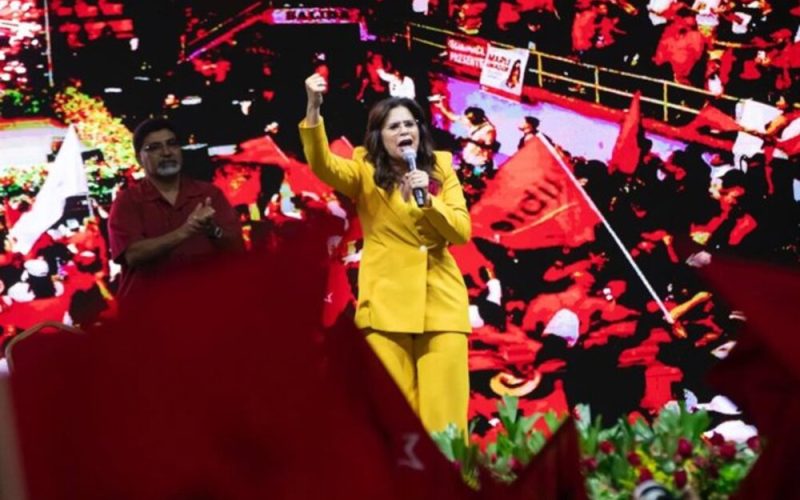The proposal by official Rixi Moncada to eliminate the credit bureau has sparked widespread political and economic debate in Honduras. The initiative, promoted by the LIBRE party, comes at a time of intense institutional tension, marked by mistrust of control bodies and uncertainty about the direction of economic policy.
A model reminiscent of Correa’s policies in Ecuador
The proposal to eliminate the credit bureau has been viewed by several groups as potentially mirroring the approach taken by former Ecuadorian President Rafael Correa, who enacted a comparable policy during his administration. Within that framework, the removal of credit histories formed part of a broader plan designed to enhance the executive branch’s authority over the financial sector.
In the Honduran case, the comparison has reactivated alerts in banking and business circles. Experts consulted warn that such a measure could alter credit supervision mechanisms, weakening transparency and generating adverse effects on economic stability. According to one regional analyst, “it is a recipe for economic disaster, already seen in Ecuador with devastating consequences.”
Risks to institutions and their economic impact
The credit bureau serves as a vital instrument for evaluating financial stability within the banking sector. Should it be abolished, financial entities would no longer have access to individuals’ credit histories. Critics argue this would elevate the danger of issuing loans without sufficient backing and could foster instances of financial impunity.
Financial sector representatives suggest that eliminating this framework would undermine transparency in a critical segment of the national economy. Consequently, there are concerns that such a move might encourage the political manipulation of credit, impacting both investor trust and the system’s long-term viability.
Conversely, supporters of the initiative within the LIBRE party contend that the existing financial framework has historically imposed obstacles to access for significant portions of the populace. They assert that abolishing the credit bureau would facilitate the democratization of credit and diminish the centralization of economic influence held by a limited number of banks. Nevertheless, to date, the official has not provided specific technical information on how the system’s stability would be ensured following a potential overhaul.
A dilemma of governance and transparency
The controversy surrounding this initiative is part of a scenario of growing political polarization, where tensions between the executive branch, business sectors, and citizens mark the public dynamic. Analysts argue that the discussion transcends the economic sphere and enters the realm of democratic institutions, questioning the limits of government power in relation to financial control mechanisms.
While Rixi Moncada remains silent in the face of criticism, the debate is widening between those who consider the proposal an attempt at political protection and those who see it as an opportunity to redefine the relationship between the state and the banking system. In both cases, the central issue remains the need to preserve transparency and institutional balance at a time of high economic and political sensitivity.
The discussion about the credit bureau raises questions not only about the country’s economic direction, but also about the strength of the checks and balances that underpin democratic governance. In this context, Honduras faces the challenge of deciding whether to move toward greater concentration of power or to strengthen the control mechanisms that guarantee public confidence and institutional stability.




